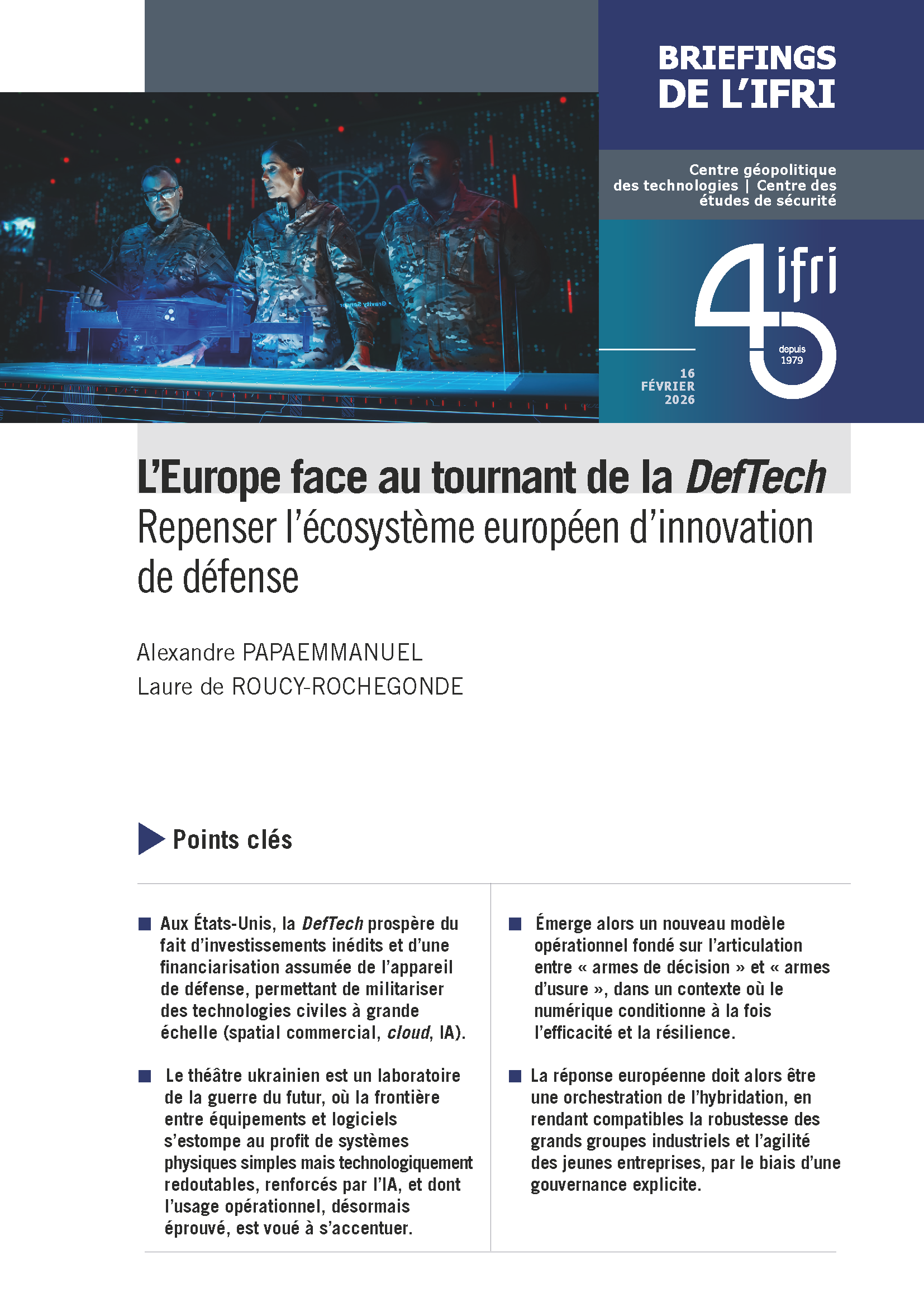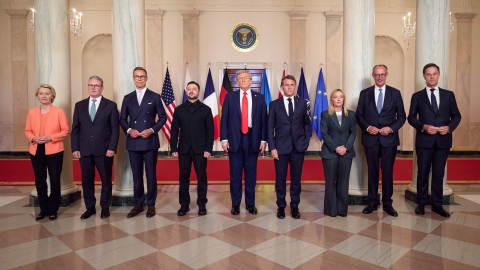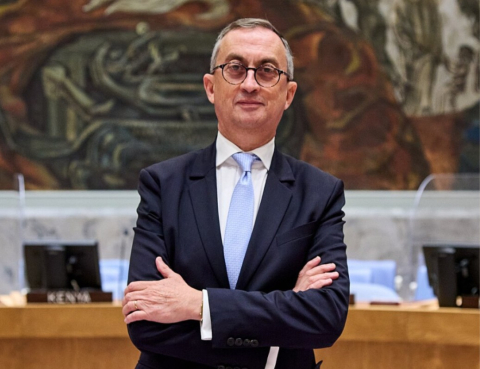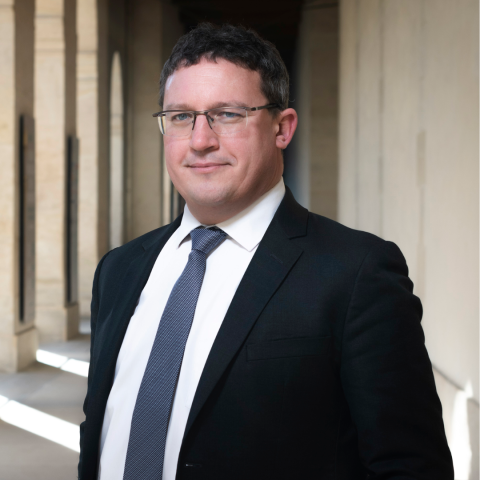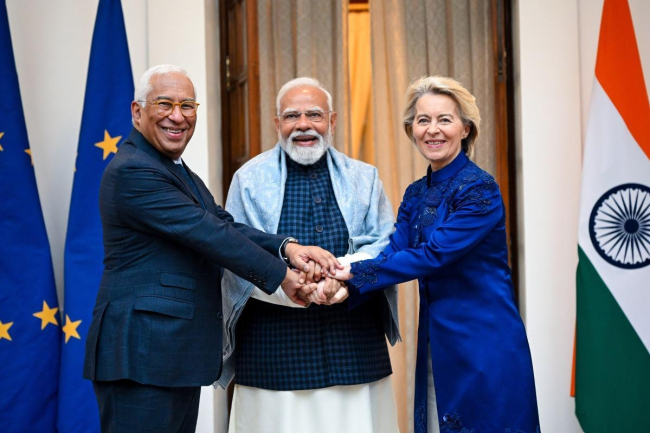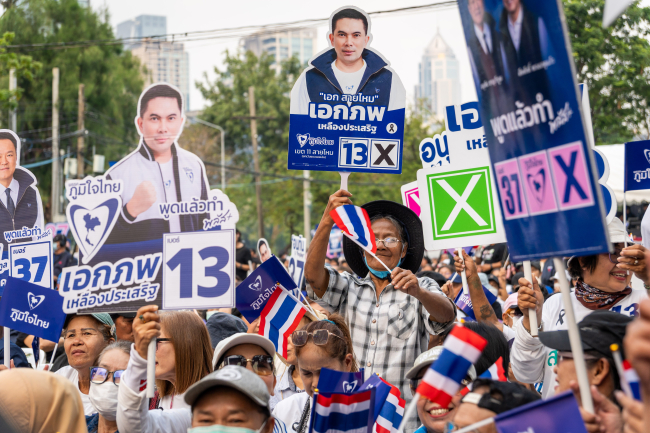Lessons from Investment Policy Reform in Korea
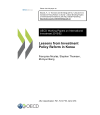
As more and more countries seek to liberalise their foreign investment regimes to attract global flows of foreign direct investment (FDI), an essential question for policy-makers is no longer just what to reform but also how to reform. How is a reformist government to sell the idea of reform to the general public and to counter any opposition to reform? How are those who lose from reform in the short term to be compensated? Does sequencing of reforms matter?
Korea offers a particularly interesting case study because its reforms beginning in the 1990s were both rapid and far-reaching. Based on the OECD FDI Regulatory Restrictiveness Index, Korea was the biggest reformer of its policies towards FDI between 1997 and 2010 among a sample of 40 developed and emerging countries. The objective of this study is to document the liberalisation of the FDI regime in Korea and to examine how and why it came about. What were the main obstacles and what were the main drivers? How did FDI liberalisation relate to other reforms (trade policy and regulatory reform, policies towards outward investment)? The paper does not ask what more Korea needs to do but rather what lessons can we draw from the Korean experience about how to achieve rapid and sustainable reforms?

Contenu disponible en :
Régions et thématiques
Utilisation
Comment citer cette publicationPartager
Centres et programmes liés
Découvrez nos autres centres et programmes de rechercheEn savoir plus
Découvrir toutes nos analysesUnion européenne-Inde : rapprochement durable ou partenariat de circonstance ?
Le partenariat entre l’UE et l’Inde s’est longtemps limité aux échanges économiques. Sa dimension politique s’est progressivement développée, jusqu’à être élevée au rang de « partenariat stratégique » en 2004. Néanmoins, l’échec des négociations d’un accord de libre-échange en 2013 a freiné cette dynamique. Depuis le début des années 2020, dans un contexte géopolitique incertain, le rapprochement bilatéral connaît une nouvelle accélération.
La politique américaine envers Taïwan, au delà de Donald Trump : cartographie des acteurs américains des relations entre les États-Unis et Taïwan
Le retour de Donald Trump à la Maison-Blanche a ravivé une incertitude profonde quant à l’engagement des États-Unis en matière de sécurité envers Taïwan. Contrairement au président Joe Biden, qui a maintes fois réaffirmé sa détermination à défendre l’île, Donald Trump évite soigneusement de se prononcer sur une éventuelle réaction américaine en cas de crise dans le détroit de Taïwan.
Japon : le raz-de-marée Takaichi et le nouveau visage du pouvoir
La Première ministre Sanae Takaichi a transformé sa popularité exceptionnelle en une victoire politique historique. Les élections anticipées du 8 février ont offert au Parti libéral démocrate (PLD) une majorité écrasante, grâce au soutien massif de jeunes électeurs séduits par son image iconoclaste et dynamique, et des conservateurs rassurés par sa vision d’affirmation nationale. Cette popularité pose les bases d’une stratégie ambitieuse tant sur le plan intérieur que sur le plan international.
Élections en Thaïlande : les conservateurs consolident leur ancrage
À rebours des sondages, le parti conservateur pro-business Bhumjaithai a dominé les élections législatives anticipées du 8 février 2026 et s’est imposé à la Chambre basse avec 193 sièges sur 500, enregistrant une progression record par rapport aux 71 députés élus en 2023.



